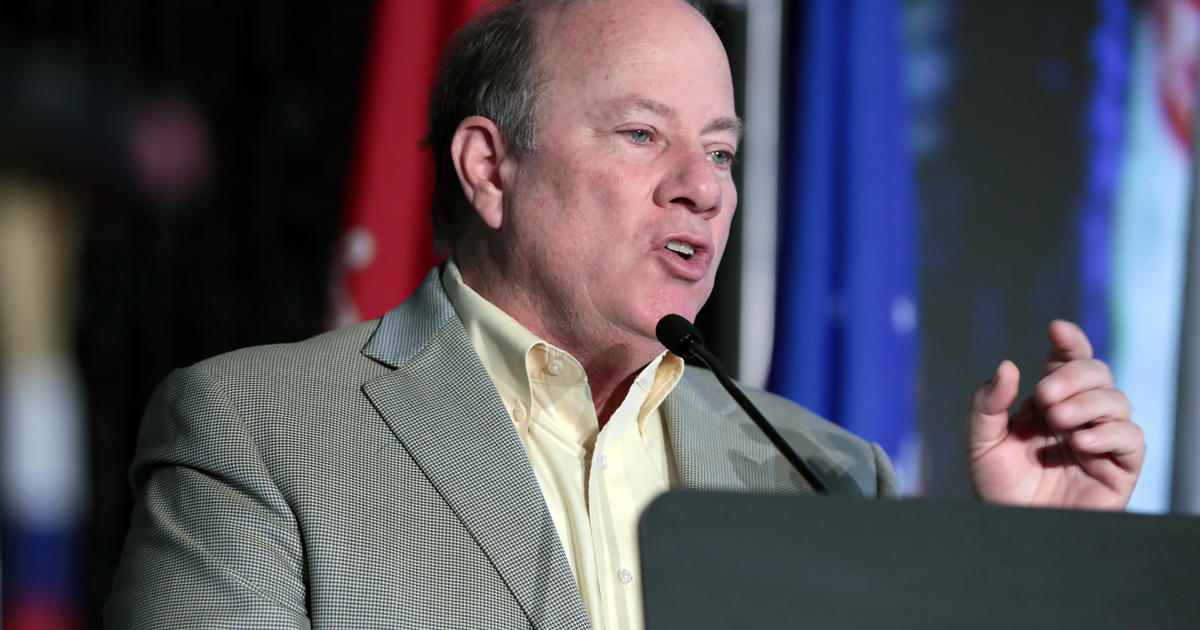Documentary Review: "The House I Live In" [BLOG]
America leads the world in prison population per capita, yet our violent crime rate is head and shoulders above any other nation. While we complain about the expense involved in celebrity weddings, racist white billionaires, and any of the other nonsensical "controversies" littered around the landscape on a given week, we ignore the human rights tragedy underneath our noses every single day. Human beings, our fellow Americans, disappear in a system that's stacked against them. If you don't have money, you don't have a chance.
"The House I Live In," the 2012 documentary by Eugene Jarecki available for streaming on Netflix and other services, is an acid bath of a movie, but nonetheless required viewing. Some human rights groups say that America's prison system is an outrage on par with slavery, and after viewing this movie, it's hard to disagree with them. The prison system has become simply the pit where we cast away poor people who can't afford to traverse the a system where money buys justice.
The film is easily one of the best documentaries ever produced about economics. The film focuses on America's so-called "War on Drugs," which has stretched on for decades now, with little progress and dozens of lives rendered into ashes. Nonviolent criminals rot away for decades; prisons have more or less become storage space for the poor, human beings stuffed away so that someone can make a profit off their misery.
There's a chilling unanimity of opinion in this documentary. The judges shake their heads in disgust when they render their sentences; scholars speak with a wide-eyed alarm; the police officers know the futility of the mission they've been charged to complete. In a documentary packed with uncomfortable moments, perhaps the most is the interview with Mike Carpenter, the head of security of a prison in Oklahoma. He says that every time he sees an open bed, it's filled within a matter of weeks.
How chilling is that? Aren't empty prisons the goal? Shouldn't the system of corrections produce people who've been reformed? If we build a prison cell, should our next order of business be to find someone to put in it? More and more it occurs to you that there is no system incentive for an empty cell; every empty bunk is a potential revenue stream that is going to waste.
It's hard to walk away from this film with anything but a sense of great loss. Generations of human beings have lost their lives in these concrete buildings. The prison system has long been America's hypocrisy. We've loudly criticized other countries' human rights abuses while a significant portion of our population bleeds behind us. Charles Dickens, in his tour of America in 1842, visited Pennsylvania prisoners in solitary confinement and wrote about the horrors he found. When foreign dictators are called on the carpet about human rights abuses, they reliably point out America's prison system. When the Russian activists Pussy Riot toured the United States recently, they brought up the American prison system in quite a few interviews, only to be blinked away by pundits who'd rather talk about something else.
Americans love punishment. We rush to judgment and condemnation. Incarcerate first and ask questions later. We can't hear your screams from here on the other side of the barbed wire fence. Nonviolent criminals are kept in cages alongside murderers and rapists, and society in general turns a blind eye. We automatically assume, without question, that the people in the cages deserve to be there, and our society is better off for their loss of freedom.
There's a concept in anthropology called "polite fiction." It's a social contract between well-meaning people to accept a lie because it's easier than accepting the truth. Our polite fiction with prison systems is that everyone lost in the system is guilty of some terrible crime. All Americans, all of us, know there are innocent people in prison. We know that plenty of prisoners faced Jean Valjean-esque circumstances, forced into a life of crime because society gave them few other options. We know this. We've always known this. Yet it's never discussed. We'd rather talk about celebrities who may or may not have cheated on each other than tackle the real problem. It's nauseating.
"The House I Live In" summarizes the class divide in America. While we waste our time discussing the latest isolated person caught in public using racial epithets, thousands of human beings are wasting away behind bars guilty of crimes with no victims. We don't have a problem with race in America—if anything, racism is a human condition—we have a problem with what's become a caste system.
The film is peppered with brilliant interviews, David Simon in particular. The creator of "The Wire" evenhandedly assesses the situation in the inner cities and how elected officials benefit from them. The scenes with Simon are without equal in any documentary I've ever seen. He draws on his years of experience working the city desk in Baltimore and his time spent writing fiction about the realities on the street. Simon has clearly thought deeply about this issue for decades, and his conclusions are the tent poles for this film. He's not at all alone in these conclusions.
Historians, scholars, police officers, wardens and reporters all come to the same conclusion: America's drug war is a failure, and the prison system is not doing the job it was intended to do. There is little rehabilitation -- only vengeance.
While "The House I Live In" isn't the most enjoyable way to spend your time, it's vital viewing. Pull up a chair and find out what's happening in the house you live in.
"The House I Live In" is available on Netflix, iTunes, Amazon and all streaming services.



